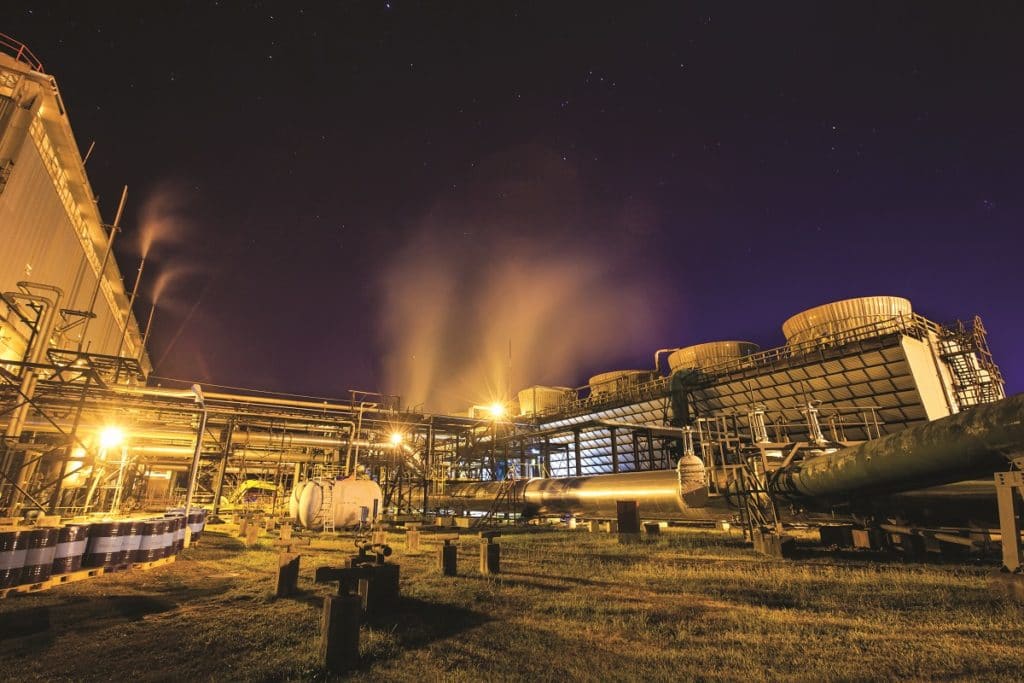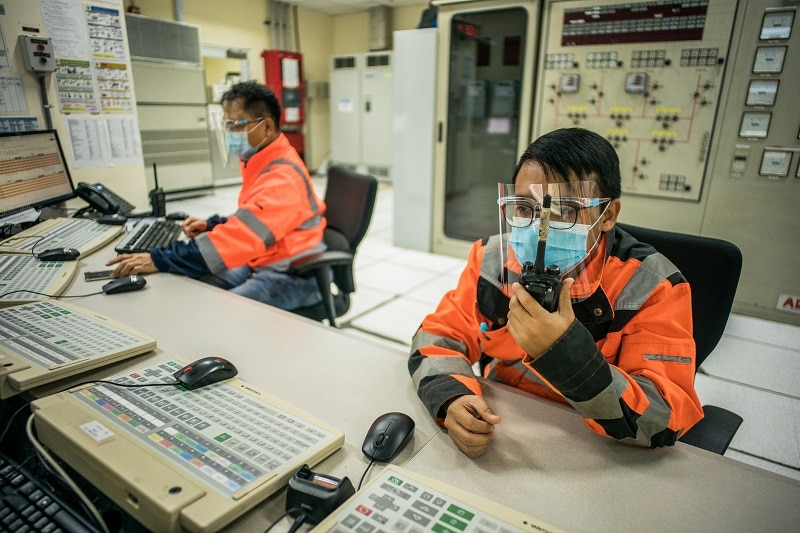
The energy sector is experiencing a profound revolution. It is not just a juncture of new clean energy technology deployments but also a revolution in the mindsets and lifestyles consumers who are taking bold steps to protect the environment and joining forces with the rest of the world to combat the devastating effects of global warming.
The policy anchor instituted by the government, via the prescription of the Renewable Energy Act of 2008, is the Green Energy Option Program (GEOP) which provides locus to consumers as ultimate decision-makers — not just on their preferred rates but on patronizing renewable energy (RE) as the source of their power supply.
Many companies in high-carbon-emitting industries like cement, steel, and other manufacturing facilities are now shifting to green energy solutions. They have pledged to net-zero carbon emission goal by mid-century. This is also true for other businesses and supply chains, including those for utilities and banks, hotels, tourism facilities, condominiums and office buildings, and even academic institutions.
In addition to switching from traditional contracts for power supply, even power generation companies in the country are now avoiding investments on traditional thermal power facilities and instead investing more capital into RE installations, primarily for geothermal and hydropower.
Power of choice – taking a stand for the environment
End-users with a consumption bandwidth of 100 kilowatts or more can now directly negotiate and execute power supply agreements (PSAs), which will provide RE-generated electricity supply for their homes and businesses.
Gideon Adriel Butalid is the head of Market Planning and Contracts for RE-firm leader Energy Development Corporation. He says qualified power customers now have the option to choose their electricity provider and source. This will have a profound impact on their business and institutions, as well as our planet and society.
He explained that electricity end-users now have the power to take a stand for the environment and reduce their carbon footprint to combat climate change.
EDC’s executive also stated that many corporate-customers also opt for RE to improve their brand and reputation. It is not only a model for sustainability, but also for the next best practice in regenerative design by simply choosing where they buy electricity.
The Lopez-led EDC is doing more than just strengthening its position as a leader in the RE sector. It is also walking the talk when it comes to convincing consumers that green energy is the best way to meet their electricity needs. Customers are already attesting the benefits of using RE, primarily geothermal power, as their electricity provider.
Bernard B. Chioson is chief operating officer at Chioson Development Corporation. He explained that their company has decided to source power supply from geothermal energy to reduce their carbon footprint. We can make a lasting impression on future generations by investing in clean energy.
He stated that we want a reliable, sustainable renewable energy supplier to help us push our advocacy for producing rebars, nails, and pipes in a sustainable way.
Carl Benedick C. Chung (senior vice president of Breeder Group) said that switching to renewable helps create a better future and realize the ambition of a developing and self-sustainable Philippines. He also stated that we believe our country is rich with its natural resources which should be used to benefit our kapwa Filipinos.
Globe Telecom is also joining the green energy revolution. Ernest L. Cu, President and CEO of Globe, highlighted Globe’s commitment to sustainability. He added that Globe looks forward to making a lasting contribution with EDC as well as all other partners in this effort.
Butalid also stated that their green energy offers are targeted at like-minded customers who want 100% RE supply. These customers also have carbon reduction targets.
Future-proofing environmental hazards

EDC is unrivalled in setting high-quality sustainability goals and reaching realistic targets toward decarbonization. Not only is it the only 100% RE company, but also it is the first to offer ASEAN green bond for fund-raising activities. This initiative was proactively supported and supported by the Securities and Exchange Commission.
Butalid said that the companies that see the future-proofing and have done the environmental risk assessments that recognize the urgent need for renewable energy GEOP are the most successful.
He stated that doing so is essential not only for their corporate responsibility but also because of how the worsening climate change impacts their operations.
Butalid stated that the lowest electricity cost is a definite plus based on feedback from our customers who have stayed with Us.
EDC stated that its green energy contracts are not just for end-users. It also helps customers calculate the carbon emissions they can avoid each month by using renewable energy.
He stated that, while there is no mandate that companies shift to RE to meet their ESG (environmental.social and governance) compliance requirements, it is their sense of corporate responsibility, and their commitment to reducing their carbon footprints, that makes them choose RE.
Butalid realized that being a supplier of power is not enough. We are also concerned about the community and make it our mission, to protect the environment. We want to share our knowledge on how to be regenerative, and this is what we offer our customers.
Clean energy financing is a growing trend
Experts and climate scientists estimate that the world will require more than S105 trillion in capital mobilization to realize its decarbonization goals. Private sector captains are being counted on to fulfill ambitious environmental goals.
It is anticipated that financial reallocations to green solutions will not only require a transformation in business strategies, but that these could lead to the birth and growth of new enterprises in the spheres digitalization and wider investments in RE facilities and electric cars. This could then create green jobs for many people.
However, there are risks involved in reshaping industries. Therefore, government policy interventions are necessary to ensure that the transition is viable across all economic sectors of each country.
There are ongoing risks for business leaders. If the switch on technology utilization, overall metamorphosis business models, and the climate-aligned government policies will eventually come together, it will be a continuing risk for re-assessment.
Butalid pointed out that there is an increasing demand for RE/clean energy financing due to the ESG mandates of investors. These are banks, investment funds, and multilateral funding agencies that are at the forefront of these issues. They are often supported by regulators and policymakers.
The EDC executive acknowledged that the Philippine energy market faces many challenges. These include securing project permits, opening up more funding schemes for RE developers, increasing enforcement of incentives to make RE investments more profitable; and finally, the long-awaited commercial operations at the Wholesale Electricity Spot Market in Mindanao which would encourage capital flow for green energy investments.
Let’s just say that decarbonization roadmaps will require the realignment and enforcement of capital spending. This will allow companies and industries to drastically reduce their carbon footprints. Government policies must be consistent and predictable to support long-term green energy investment.
SIGN UP FOR DAILY NEWSLETTER
CLICK HERE FOR SIGN-UP
